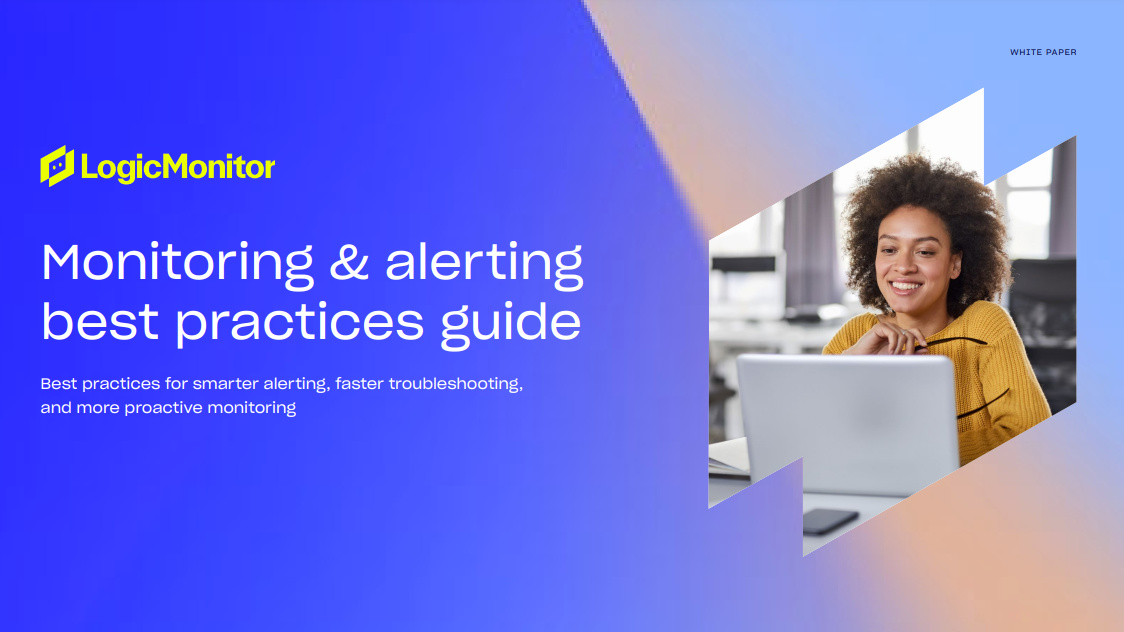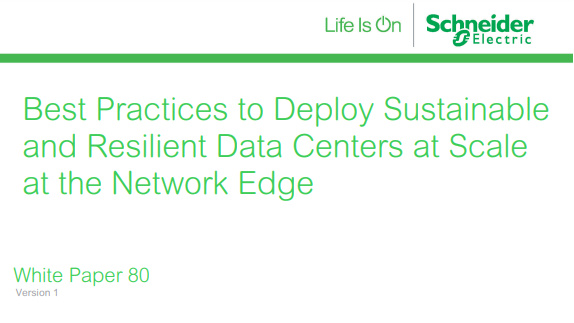Latest Secerno.SQL release boosts database security
New version of Secerno.SQL anticipates major database consolidation trend to cope with security control concerns across increasingly widely shared databases.


Security vendor Secerno has today released the latest version of its database monitoring product in anticipation of managing the complexity of growing consolidation in this part of enterprise IT infrastructure.
The new version of Secerno.SQL has been launched on the basis of the trend, identified by IT analyst Forrester, towards consolidating the many thousands of databases run by major corporations, which it estimates will be subject of a widespread consolidation move within the next two to three years.
Secerno.SQL v2.1 features patent-pending, machine-learning technology that observes how applications access the database, to allow IT managers to control and protect their data assets from known and unknown, external and internal threats
Steve Hurn, chief executive of the Oxford-based vendor, said that consolidation will result in a decreasing number of databases holding an ever-increasing volume of data, making them an "alluring one-stop-shop for hackers keen to steal as much customer data as possible."
He said this new version would enable organisations to define and enforce security policies that segment and discriminate between different types of business access to these increasingly widely shared databases.
It can not only determine who is allowed access to the database, at what time and from where, but can also control access according to individuals' behaviour without the system manager needing to develop and maintain complex policy configurations for every scenario.
The new version also introduces the direct console access monitoring (DCAM) feature to audit and control direct operator database access, as well as access through network applications. This is intended to help with increasing regulatory-driven compliance pressures to demonstrate transparency in database access and control management, without requiring any external software agent.
Get the ITPro daily newsletter
Sign up today and you will receive a free copy of our Future Focus 2025 report - the leading guidance on AI, cybersecurity and other IT challenges as per 700+ senior executives
DCAM instead uses the core database capabilities themselves to produce analysis for regulatory reporting processes, irrespective of where and how a database is accessed and without degrading core database system management performance.
A 25-year veteran enterprise technology expert, Miya Knights applies her deep understanding of technology gained through her journalism career to both her role as a consultant and as director at Retail Technology Magazine, which she helped shape over the past 17 years. Miya was educated at Oxford University, earning a master’s degree in English.
Her role as a journalist has seen her write for many of the leading technology publishers in the UK such as ITPro, TechWeekEurope, CIO UK, Computer Weekly, and also a number of national newspapers including The Times, Independent, and Financial Times.
-
 Cleo attack victim list grows as Hertz confirms customer data stolen
Cleo attack victim list grows as Hertz confirms customer data stolenNews Hertz has confirmed it suffered a data breach as a result of the Cleo zero-day vulnerability in late 2024, with the car rental giant warning that customer data was stolen.
By Ross Kelly
-
 Lateral moves in tech: Why leaders should support employee mobility
Lateral moves in tech: Why leaders should support employee mobilityIn-depth Encouraging staff to switch roles can have long-term benefits for skills in the tech sector
By Keri Allan
-
 Monitoring & alerting best practices guide
Monitoring & alerting best practices guideWhitepaper Best practices for smarter alerting, faster troubleshooting, and more proactive monitoring
By ITPro
-
 G2 Enterprise Monitoring Report
G2 Enterprise Monitoring ReportWhitepaper Designed to help businesses make the best IT Infrastructure Monitoring technology buying decision
By ITPro
-
 Best practices to deploy sustainable and resilient data centers at scale at the network edge
Best practices to deploy sustainable and resilient data centers at scale at the network edgeWhitepaper Data center owners and operators must elevate sustainability to a core value
By ITPro
-
 Facebook blames faulty configuration change for hours-long outage
Facebook blames faulty configuration change for hours-long outageNews The update caused a "cascading effect" that brought all of the social network's services to a halt
By Bobby Hellard
-
 How your network can take on the cloud - and win
How your network can take on the cloud - and winWhitepapers Think beyond traditional networking toward a secure digital perimeter
By ITPro
-
 What is a DHCP server?
What is a DHCP server?In-depth We take a closer look at what a DHCP server is, and how it can make network administration easier
By Dale Walker
-
 Aruba's SD-Branch hooks SD-WAN, wired and wireless networks together
Aruba's SD-Branch hooks SD-WAN, wired and wireless networks togetherNews Cloud-managed policy controls simplify network management for small IT teams
By Adam Shepherd
-
 The Tube is getting total web coverage from 2019 and London's getting a broadband boost
The Tube is getting total web coverage from 2019 and London's getting a broadband boostNews Sadiq Khan wants the capital to be better connected, and he’s got a plan on how to do it
By Vaughn Highfield